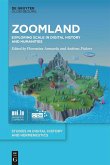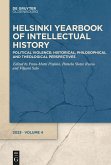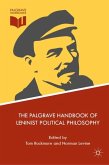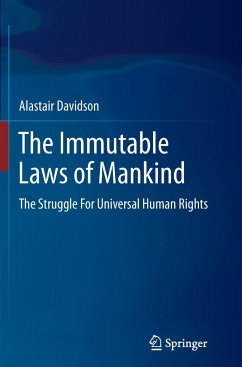From the viewpoint of social history, is time itself a plural entity or are there multiple forms of engagement in and with it? Pivoted around this question, Sinha attempts to rethink the current theory and practice of history writing by pointing the pitfalls of the growing fetishization of plurality and the 'plural time' framework. Engaging a range of studies in History, Anthropology, and Sociology, Sinha provides a critical assessment of some of the leading frameworks on time studies, questions their foundational premises, highlights their limitations, and proposes an alternative framework that is attuned to privileging the approach of social history. The purposes of the latter, the book argues, is best served when time's irreversible character is not diluted under the weight of plurality. Plurality in time is an outcome of practices and their historicization; plurality of time can become an empty statement. Rather than defining what time is, the book casts that inquiry into the historical mould to explore how time, as a contestatory resource, becomes part of social relationships and what it does to them when scripts of power align themselves with the control of time.
Hinweis: Dieser Artikel kann nur an eine deutsche Lieferadresse ausgeliefert werden.
Hinweis: Dieser Artikel kann nur an eine deutsche Lieferadresse ausgeliefert werden.








